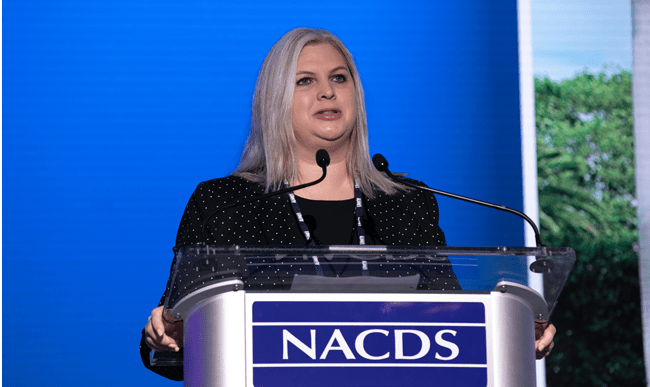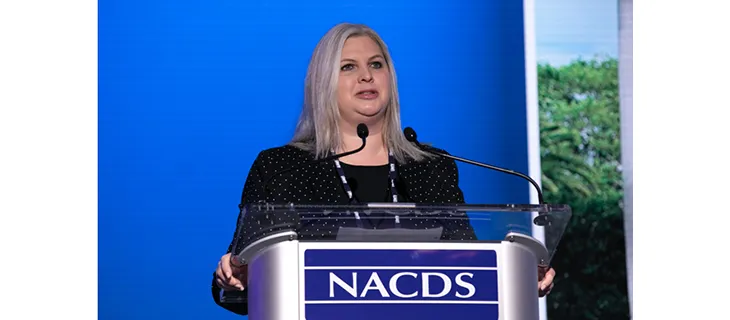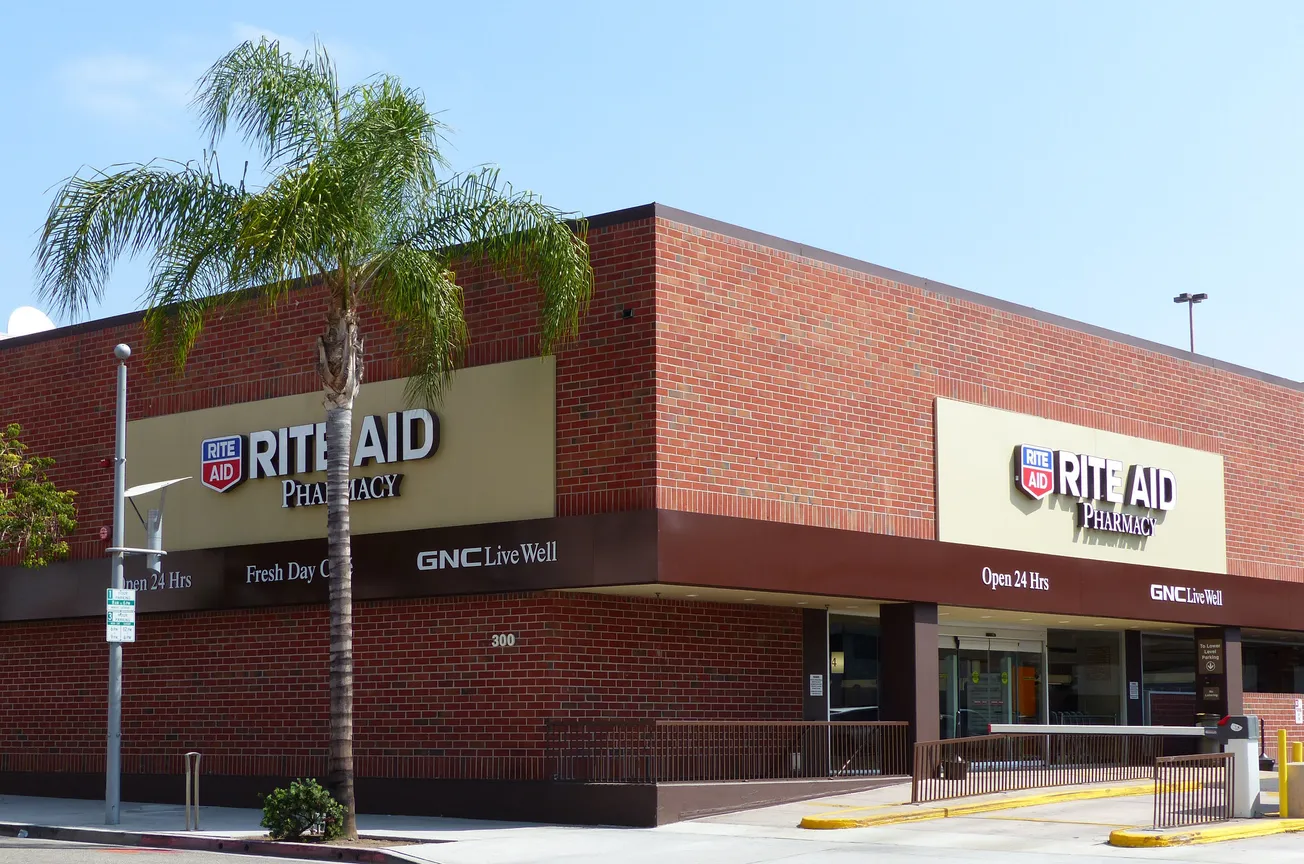
PALM BEACH, Fla. — The National Association of Chain Drug Stores’ campaign-style approach to the issues crucial for pharmacy value and viability dominated this month’s opening session of the 2019 NACDS Regional Chain Conference.
NACDS’ top-priority issue of direct and indirect remuneration (DIR) fee reform headlined the discussion of the association’s “Access Agenda” — which emphasizes that pharmacies provide access to health policy solutions, just as they provide access to vital health services every day in neighborhoods across the nation.
Mark Panzer, chairman of NACDS and senior vice president of pharmacy and health and wellness at Albertsons Cos., said, “NACDS talks about our Access Agenda and its three parts: offense, defense and addressing the well-being of our communities. On offense, we are enhancing access to newer services. When we talk about defense, we are talking about preserving patients’ access to care. And that means DIR fee reform. The third area — working as partners for stronger and safer communities — includes helping to solve opioid abuse. This remains an important issue, where we have seen progress and where we remain committed.”
He added, “Across all of our NACDS issues and services, here is the message that I want to give to you today, and it’s from my view as the NACDS chairman and as an industry veteran. NACDS has never been better equipped to deliver the value that we as members expect, and need — even on the toughest of issues.”
NACDS president and chief executive officer Steve Anderson led an interactive discussion including members of the NACDS senior staff regarding advocacy on DIR fee reform, broader reimbursement issues, opioid-abuse prevention and expanding pharmacy’s scope of business.
“What we are not doing is just ‘working the issues,’ ” Anderson stated. “What we are doing is waging campaigns — tough campaigns. Working the issues is waiting for things to happen. Waging campaigns is making things happen, and doing so with everything we have — consistently, creatively, aggressively, passionately, cohesively, and as a modern political and advocacy organization.”
In the pursuit of DIR fee reform and other ways to help reduce patients’ out-of-pocket drug costs, Anderson emphasized building on the new 2018 law that bans “gag clauses” that previously prevented pharmacists from advising patients when they can save money by paying cash for prescriptions rather than using insurance. He cited data from a January 2019 survey conducted by Morning Consult and commissioned by NACDS.
“Seventy-one percent of voters are more likely to support a congressional candidate who reduces out-of-pocket prescription drug costs by acting on pharmacists’ recommendations,” Anderson said. “Seventy-nine percent of voters support the gag-clause prevention law, and 66% strongly support it. Building on that, 86% of voters support pharmacists using their expertise to identify other policy opportunities to help lower patients’ out-of-pocket costs.”
In addition to thoroughly discussing action on policy issues, NACDS’ leadership also emphasized the importance of chain-supplier collaboration — particularly in the rapidly transforming retail environment.
Panzer said, “There is no doubt, listening well helps NACDS deliver value on business community and intelligence.”
Rebecca Bubel, 2019 NACDS regional chain conference chair and senior director of store operations at Kinney Drugs, carried on a time-honored tradition of describing her company’s approach to pharmacy patient care — thus providing a testimonial of pharmacy’s role as the “face of neighborhood health care.” She also described the company’s commitment to collaboration with suppliers to meet consumers’ needs.
“To the regional chains here at this conference: Take advantage of the ability to connect with your current business partners while establishing new relationships and seeking additional opportunities for collaboration,” Bubel said. “To our vendor partners: Provide us with innovative products that will help us become more efficient, more effective, and add value to our business. Let’s work together to create win-win situations that will allow us to continue to grow our mutual businesses while meeting the needs of customers.”









